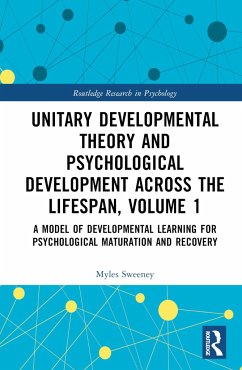
The Handbook of Antagonism
Conceptualizations, Assessment, Consequences, and Treatment of the Low End of Agreeableness
Herausgegeben: Miller, Joshua W.; Lynam, Donald

PAYBACK Punkte
57 °P sammeln!
The Handbook of Antagonism: Conceptualizations, Assessment, Consequences, and Treatment of the Low End of Agreeableness looks at the theoretical and empirical underpinnings of antagonism, highlighting the consequences of the trait, its role in a number of problem behaviors and psychiatric disorders, and how it exerts itself on externalizing behaviors. Covering the biological and evolutionary roots of antagonism, the book provides clinical insight on assessment strategies, while also outlining a number of treatment techniques, including motivational interviewing, cognitive behavioral therapy, i...
The Handbook of Antagonism: Conceptualizations, Assessment, Consequences, and Treatment of the Low End of Agreeableness looks at the theoretical and empirical underpinnings of antagonism, highlighting the consequences of the trait, its role in a number of problem behaviors and psychiatric disorders, and how it exerts itself on externalizing behaviors. Covering the biological and evolutionary roots of antagonism, the book provides clinical insight on assessment strategies, while also outlining a number of treatment techniques, including motivational interviewing, cognitive behavioral therapy, interpersonal psychology and psychodynamic treatment approaches.
In addition, the book explores the development of antagonism across childhood and adolescence, discussing the societal consequences of the trait, as well as its role in a number of problem behaviors, such as aggression, violence, crime and substance use.
In addition, the book explores the development of antagonism across childhood and adolescence, discussing the societal consequences of the trait, as well as its role in a number of problem behaviors, such as aggression, violence, crime and substance use.













